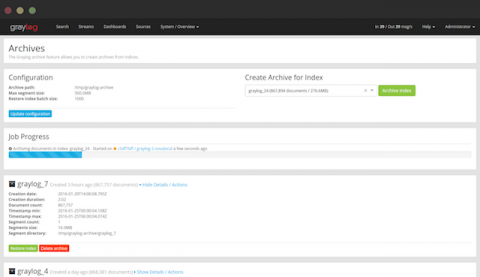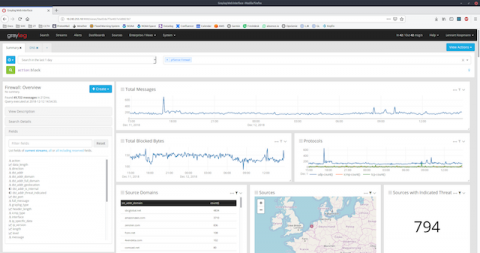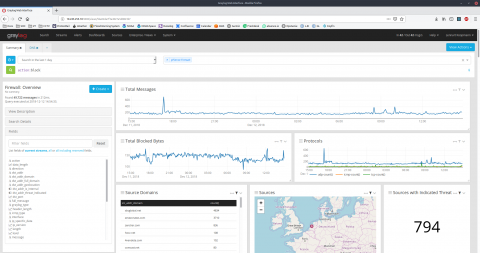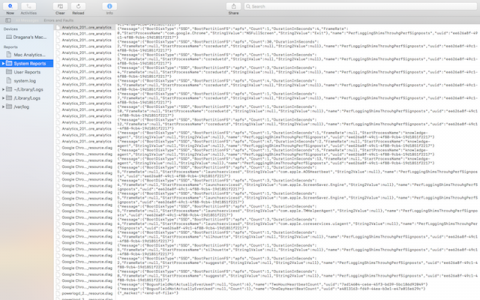Log File Parsing
What is log file parsing and how does structuring your logs affect parsing efficiency? Learn the difference between structured and unstructured logs, the basics of the JSON log format, what kind of information you can get when you parse log files, and which tools and utilities to use to perform log file parsing.






